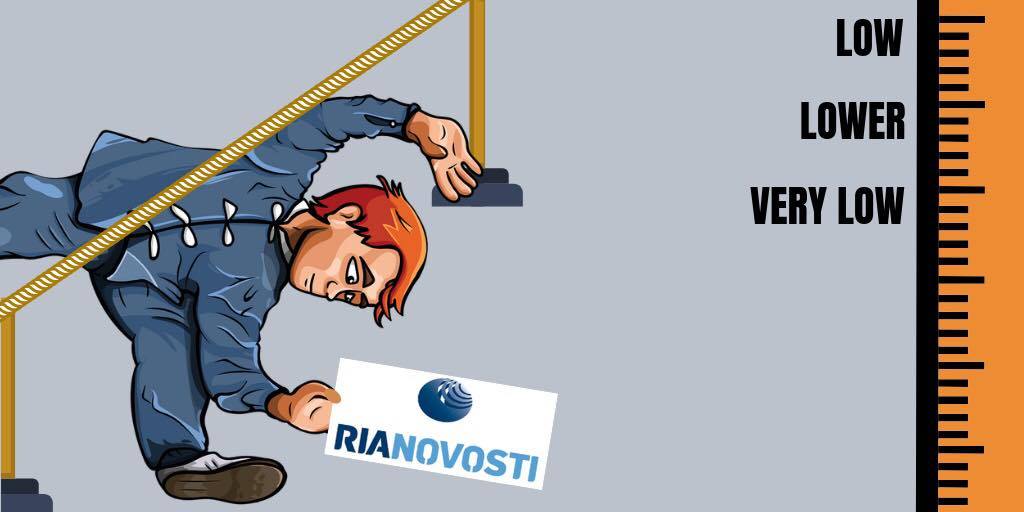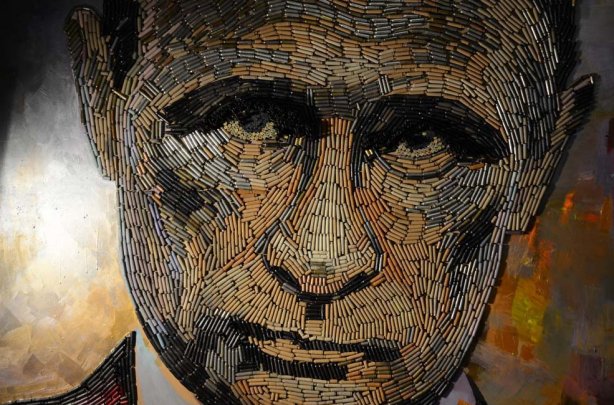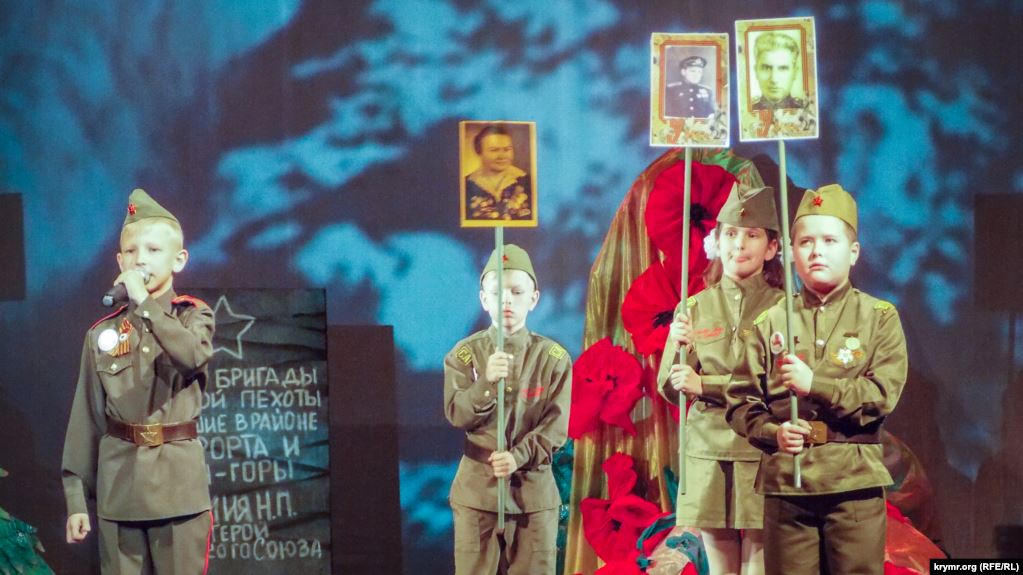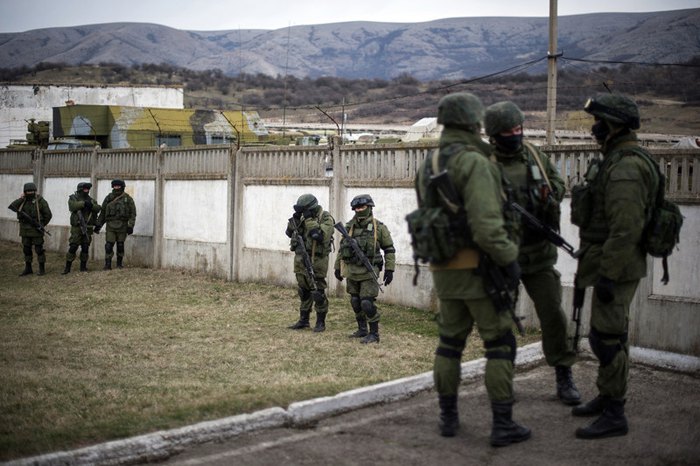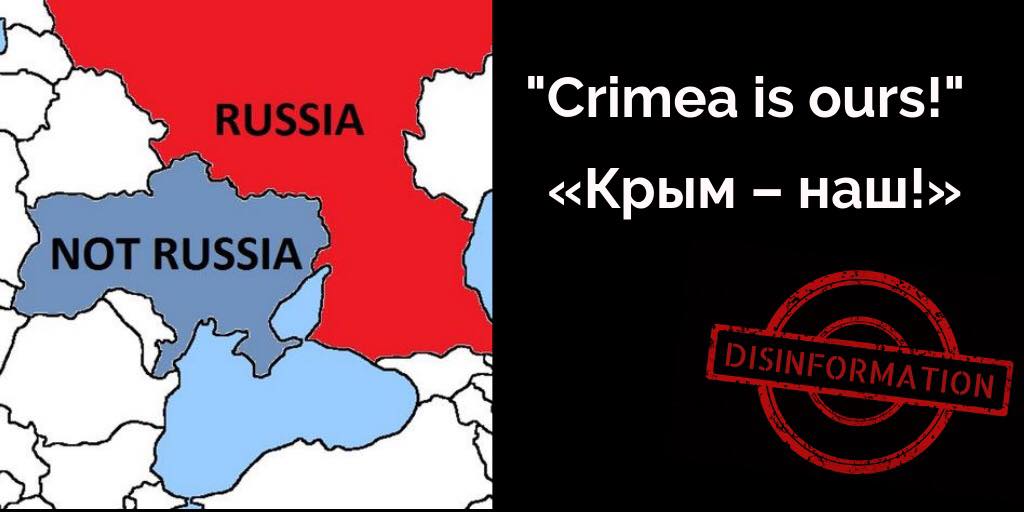The answer is: Very low.
Ahead of the 5th anniversary of Russia’s illegal annexation of Crimea, Russian state-funded RIA Novosti published an article under the headline, “German Media Outlets Report on the ‘Renaissance’ of Russian Crimea,” quoting alleged German praise of the annexation and the development of the Ukrainian peninsula while under Moscow’s control.
Plural or singular?
However, journalists working for the independent Russian outlet The Insider
checked the article and found that RIA Novosti, in fact, bbbbbbn quotes only one source – and not “media outlets” in the plural form, as it states in the headline.
The Insider also looked at the one German source which RIA Novosti does quote, Der Globus Deutschland, and noted that this website seems to have existed for just two months and does not provide information about its address, its chief editor and who owns and controls it.
Many of the texts the website publishes also do not resemble newspaper articles, but are simply very short and unsourced quotations copied from other outlets
The article about Crimea on Globus Deutschland turns out to be a translation into German of a piece originally published in English by the outlet EU Reporter – a relatively small portal which predominately attracts traffic from the Philippines, Russia, and Ukraine, The Insider’s research shows.
Selective translations
It is not the first time RIA Novosti and other Kremlin-loyal media report about positive attitudes in the West towards Russian control of Crimea in a – to put it mildly – selective way. A recent example was the story about Europeans allegedly seeking refuge in Crimea “from aggressive sexual education, homosexual dictatorship, and juvenile justice.”
The excitement over the German publication also let INOSMI publish a full Russian translation of Der Globus Deutschland’s article.
Read also: Russian propaganda concocts “moral migration” from EU to Russia-occupied Crimea
INOSMI translates international press into Russian under the slogan “How the world reflects Russia. We translate. You decide”; but the outlet has been criticized
by researchers for politicizing its work, both in its choice of material and with regards to the accuracy of its Russian translations.
INOSMI is in turn a part of the Rossiya Segodnya media holding, which also includes Sputnik – and RIA Novosti. The CEO of Rossiya Segodnya is the EU-sanctioned Russian state propagandist Dmitriy Kiselyov.
Further reading:
- Crimea: Game Not Over
- Could Ukraine have fought off Crimean occupation? A crucial document you should know
- Five Years of Falsehoods: Was it Worth the While for the Kremlin?
- From Objective Reporting to Myths and Propaganda: The story of RIA
- Portnykov: Crimea is a symbol of international impotence
- Five years after Anschluss, US moves toward a formal non-recognition policy on Crimea
- Russian propaganda concocts “moral migration” from EU to Russia-occupied Crimea
- Five-year-long disinformation campaign didn’t make Crimea Russian
- New UNGA resolution: Crimea temporarily occupied by Russia, Russia must release political prisoners
- Russia presents random foreigners brought to occupied Crimea as official delegations
- Russia prepared to occupy Crimea back in 2010 and other things we learned from Yanukovych’s treason trial

